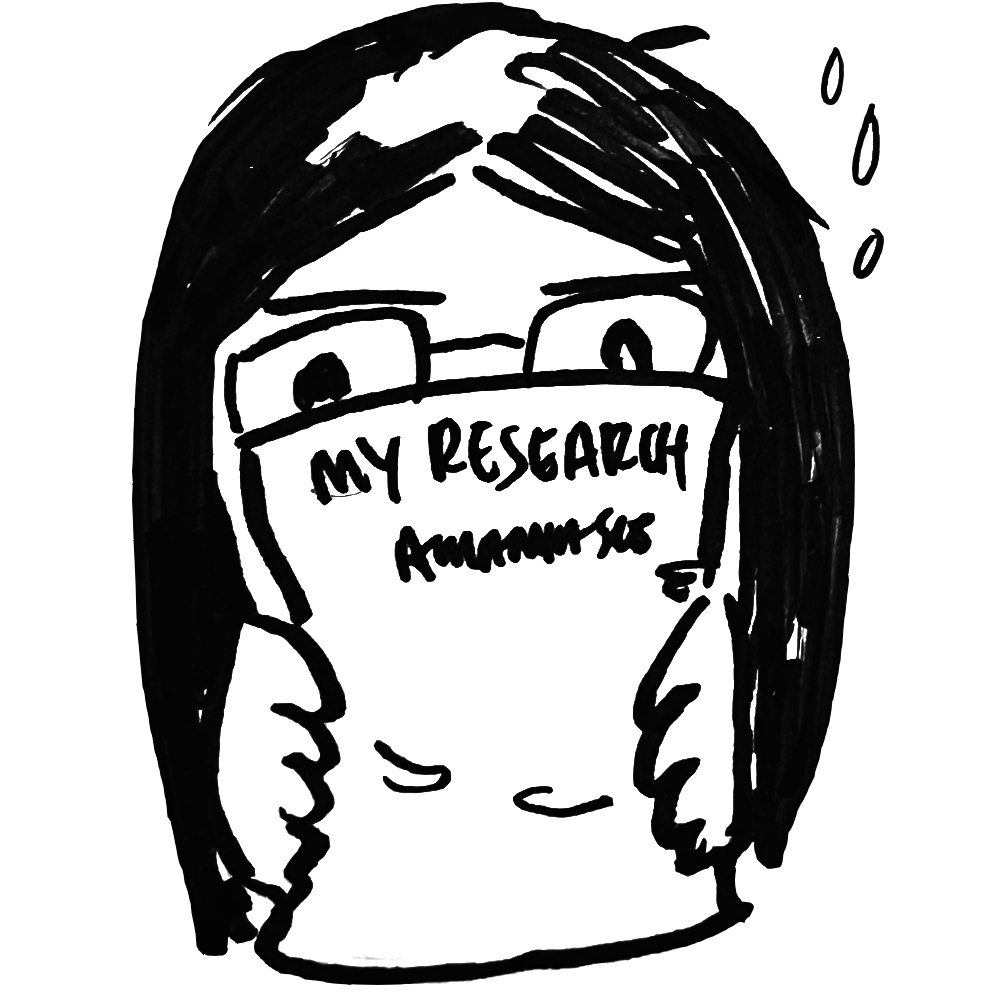About Me

Hi! I'm Amanda Sie, a PhD Candidate in the Department of Sociology at Rutgers University. My research focuses on climate change, technology, and risk. I'm currently working on my dissertation about solar geoengineering, a proposed method to reduce Earth's surface temperatures.
I received my M.A. in Sociology at Rutgers University in 2022, based on a paper about public support for renewable energy policies in the US. I earned my B.A. at Boston College in 2017, where I was a proud member of the first cohort of students in the Environmental Studies major.
Contact Information
amanda.sie@rutgers.edu
Department of Sociology
Rutgers University
26 Nichol Ave
New Brunswick, NJ 08901
Note: I am currently located in San Francisco, CA.
Recent News
- August 2025: Presented recent dissertation work on SRM risk frames at the Sociology of Climate Change at ASA in Chicago.


